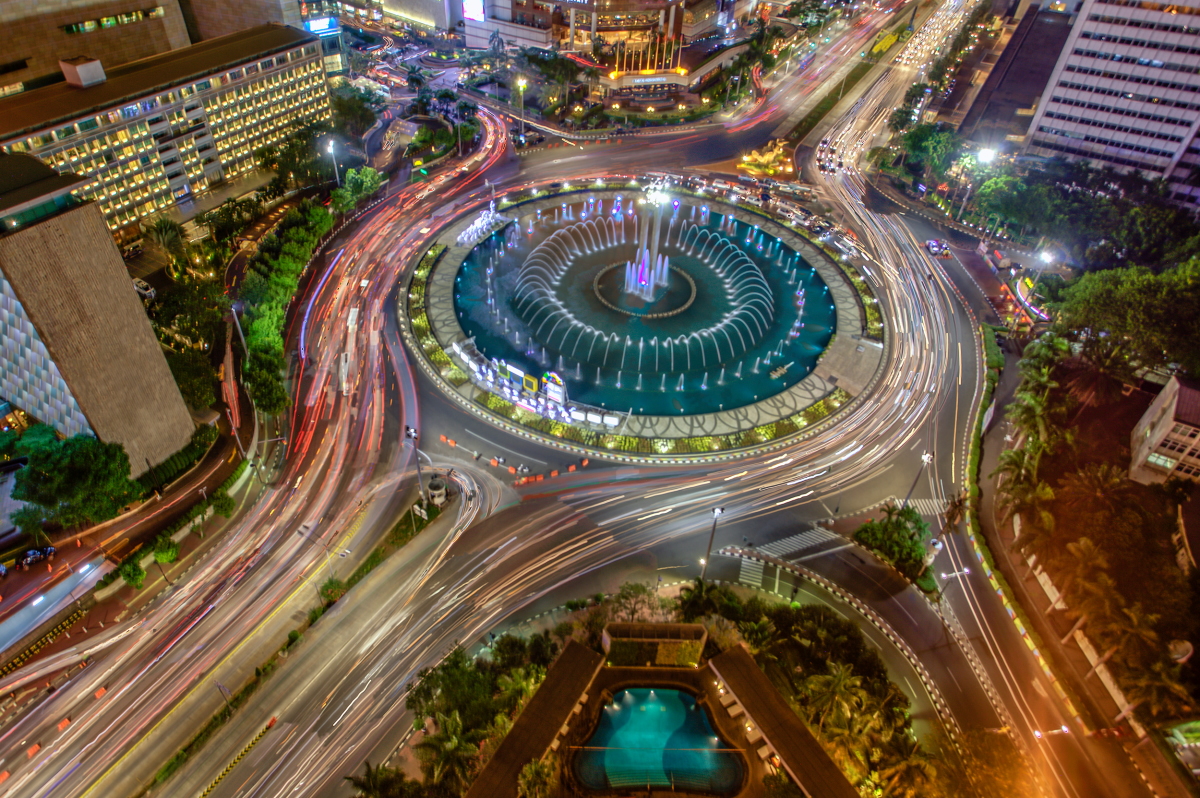Indonesia’s economy has benefitted from an increase in exports, notably from commodity products which helped improve the government’s fiscal position. Beyond that, there are other arguments that speak in favour of Indonesia. Camellia Huang, Investment Analyst at Aubrey Capital Management, explains what makes investing in Indonesia so attractive.
AsiaFundManagers.com: The EU and Indonesia are in dispute at the WTO over a ban on nickel exports. How will the ruling affect the Indonesian economy?
Camellia Huang: Indonesia’s general election is 14 months away, hence Jokowi’s key focus is bound to be further consolidating his political achievements before his second term ends. This includes strengthening the manufacturing sector, attracting more foreign direct investments into the country and job creation. Nickel value chain plays an important role in this.
Although WTO has ruled against Indonesia’s nickel export limitations, whether, when and will this be addressed and executed is unclear (suspect will only be post 2024 election). With Russian sanctions continuing to limit global nickel supply, Indonesia’s market position remains untouchable (it is estimated that over 1/3 of global nickel supply is in Indonesia). Foreign capital will keep investing into Indonesia’s nickel processing and battery manufacturing facilities. Until any material changes have occurred, this is not an option for most of the companies…they just have to play the game.
AsiaFundManagers.com: How does the current demand for commodities help the Indonesian economy? How sustainable is this demand boom? Who benefits from it?
Camellia Huang: The booming commodity market has enabled Indonesia to see the first annual current account surplus in a decade. Most of the uplift is estimated to be driven by higher palm oil prices and increased coal prices. Ahead of the 2024 election, with ample capital for deployment, the government has set plans to increase spending on infrastructure and investments– such as an increased 2023 infrastructure budget by 8% and a set ~90bn USD investment target for next year. Other initiatives such as easing regulations to enable further job creation, increasing minimum wage by 7% and increased support for the national health insurance programme. These, in turn, should further stimulate SME development and enable labour skillset to improve.
However, the country’s current account may enter deficit if commodity prices or demand turn a different direction. Palm oil, for instance, may face a reduction in demand due to the global slowdown; prices have already come down from the high in April. Coal on the other hand, is expected to remain stable as the war persists. Nickel demand should remain high. Therefore, developing the EV sector and becoming a key auto exporter in South East Asia has become the goal of the country to break the commodity led economy.
AsiaFundManagers.com: Nickel is considered one of the most important raw materials for the EV industry. Companies like CATL and Tesla have entered into local collaborations. Can the country deepen its value creation?
Camellia Huang: The ban of nickel ore export since 2020 has accelerated Indonesia’s raw material processing capacity, provided an opportunity to increase skilled labour and formed a good foundation for the development of the EV market in the country. In addition to nickel, Indonesia also has access to cobalt and bauxite, which are essential components for extending EV battery life and assembly. Home country advantage allows the overall costs of EV manufacturing to be lower than countries which require importing raw materials. Additionally, the Government has also been introducing policies to support the development of the EV industry, including the founding of Indonesia Battery Corporate and tax breaks for EV parts imports. A state-owned power company, PLN, has also committed to install over 31k EV charging stations by 2030.
Furthermore, car manufacturers such as Toyota and Hyundai are opening new production sites in Indonesia as the country has set goals to increase EV adoption. Currently there are only 40 cars per thousand people – penetration of vehicle is low let alone electric ones. Indonesia has planned to introduce EV purchase subsidies in 2023 to stimulate sales and by 2025, the country aims to produce 400k EV. As a result, the growth opportunity for many car brands is high. With a growing number of EV players entering the country, despite still at an early stage, Indonesia should see more positive development in the sector.
AsiaFundManagers.com: Investors are now looking for investment alternatives to China. Why is Indonesia a good choice? In which areas does the country have growth potential?
Camellia Huang: In addition to the manufacturing sector, consumer and related sectors are also growing. Of the estimated 275m people in Indonesia, around 75% of them owns a smart phone and over half of them are Gen Z and the millennials. Both digitisation and digitalisation have been key components for transforming and connecting the country’s 17k islands. Digital financing for instance is one of the most important areas – over 50% of the population in Indonesia does not own a bank account, however, only less than 15% of the transactions are conducted in cash. Many digital financing companies are participating in this change of consumer behaviour – as of early 2022, over 85 digital financing companies have registered with Indonesia’s financial service authority. We see this as a great opportunity for businesses and consumers to be connected.
With increasing disposable incomes, people will inevitably want to improve their quality of life and keep in trend with others in the world. This change of behaviour provides investment opportunities in areas such as healthcare, F&B, non-bank financing and ecommerce. Aubrey Emerging Markets Strategy focuses on consumers and we believe Indonesia is at the sweet spot of this growth.
AsiaFundManagers.com: Thank you very much for the interview.
Camellia Huang
Investment Analyst
Aubrey Capital Management
Camellia Huang joined Aubrey in 2020 as an Investment Analyst after gaining a range of experience in previous roles. She started her career in investment management at Seven Investment Management in London and Qianhai Equity Exchange in Shenzhen. She then worked at Aberdeen Standard Investments where she was an Investment Analyst in Private Markets across their Corporate Finance, Diversified Assets, Infrastructure Equity and Private Equity teams.











 Australia
Australia China
China India
India Indonesia
Indonesia Japan
Japan Malaysia
Malaysia Philippines
Philippines Singapore
Singapore South Korea
South Korea Taiwan
Taiwan Thailand
Thailand Vietnam
Vietnam
 Germany
Germany USA
USA Switzerland
Switzerland Singapore
Singapore
 United Kingdom
United Kingdom








